Proteases
Proteases, also known as peptidases or proteolytic enzymes, consists of a large number of enzymes catalyzing the hydrolysis of peptide bonds and subsequently resulting in the degradation of protein substrates into amino acids. Proteases are involved in a wide range of human diseases, including cancer, neurodegenerative disorders, inflammatory diseases and cardiovascular diseases. Thus numerous proteases inhibitors (small molecules and proteins) have been identified to block activity of proteases. Proteases inhibitors can be classified into different types based on the class of proteases they inhibit through two general mechanisms, irreversible “trapping” reactions and reversible tight-binding reactions. Proteases inhibitors have been used as diagnostic or therapeutic agents for the treatment of proteases-related diseases.
-
 A4413 PD 150606Target: CalpainsSummary: Non-peptide calpain inhibitor
A4413 PD 150606Target: CalpainsSummary: Non-peptide calpain inhibitor -
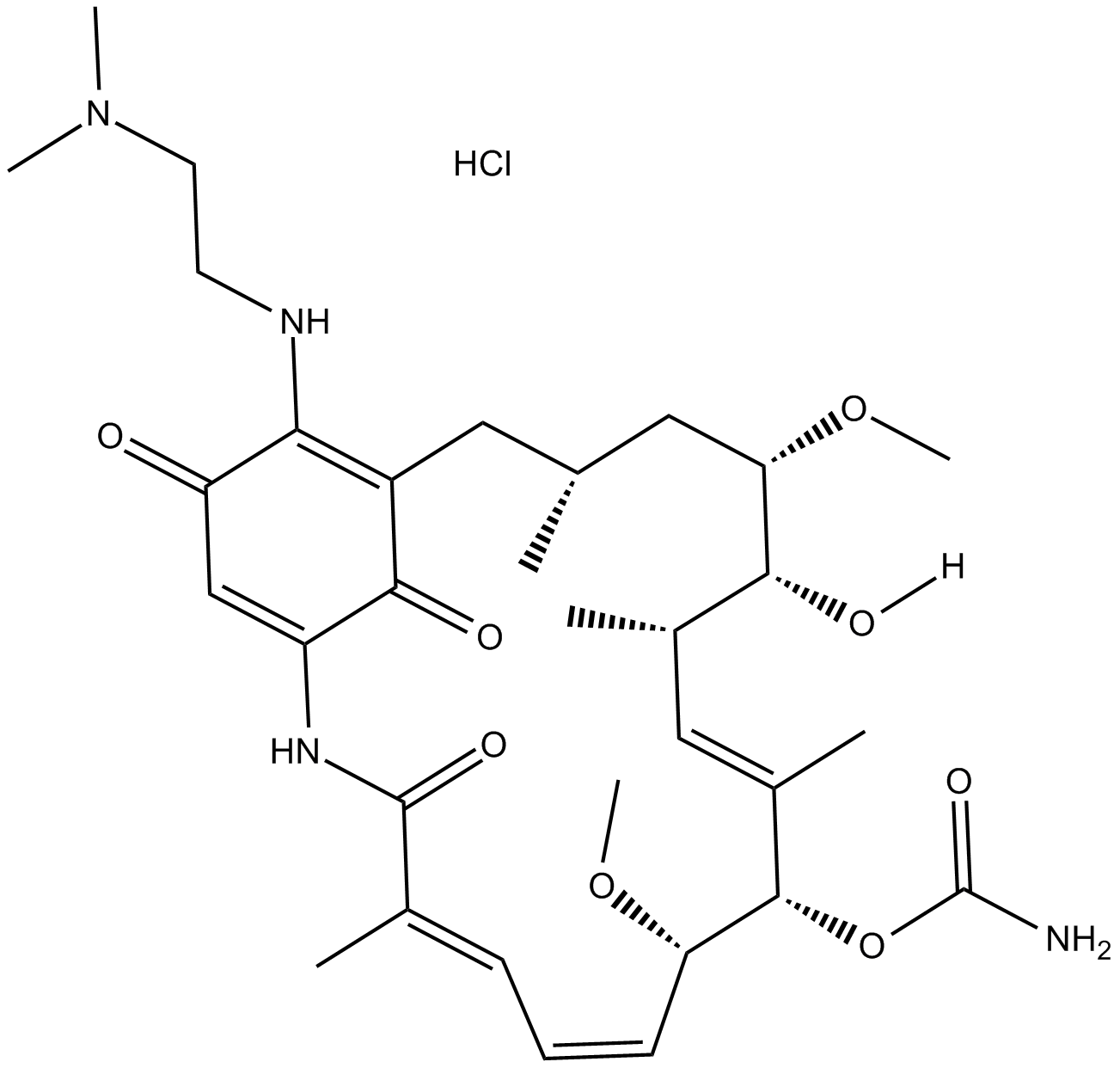 A2213 17-DMAG (Alvespimycin) HCl1 CitationTarget: HSP90Summary: Hsp90 inhibitor
A2213 17-DMAG (Alvespimycin) HCl1 CitationTarget: HSP90Summary: Hsp90 inhibitor -
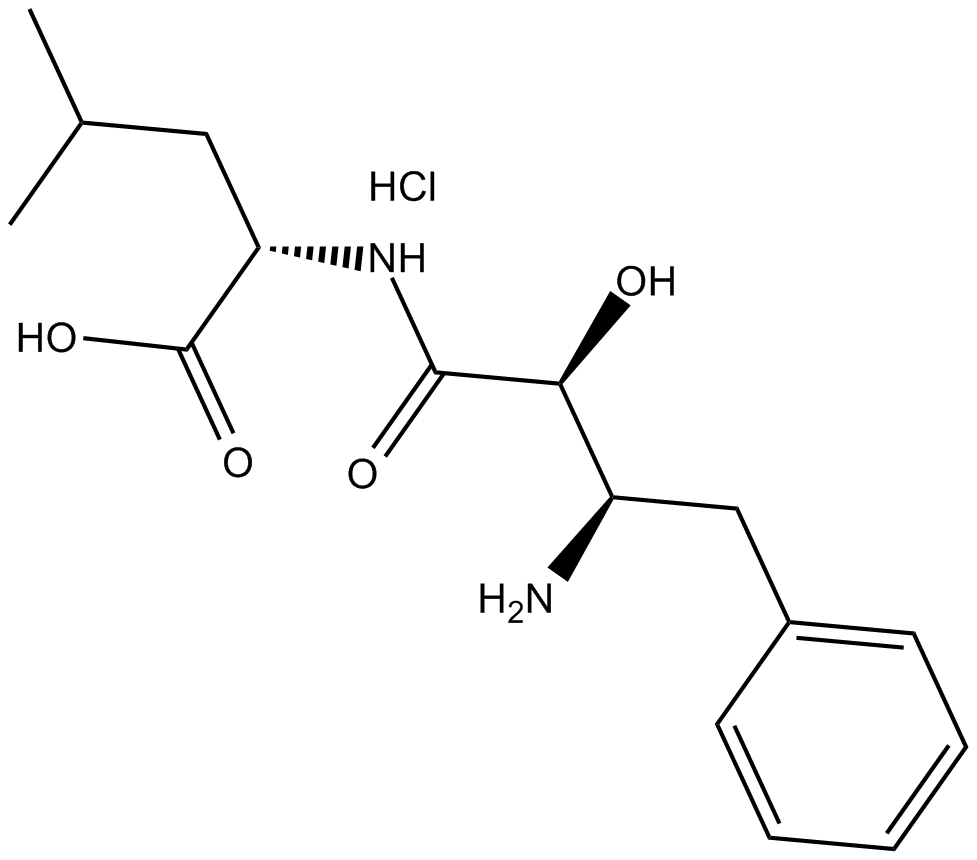 A8621 Bestatin hydrochlorideTarget: AminopeptidasesSummary: Inhibitor of aminopeptidase N (APN)/CD13 and aminopeptidase B.
A8621 Bestatin hydrochlorideTarget: AminopeptidasesSummary: Inhibitor of aminopeptidase N (APN)/CD13 and aminopeptidase B. -
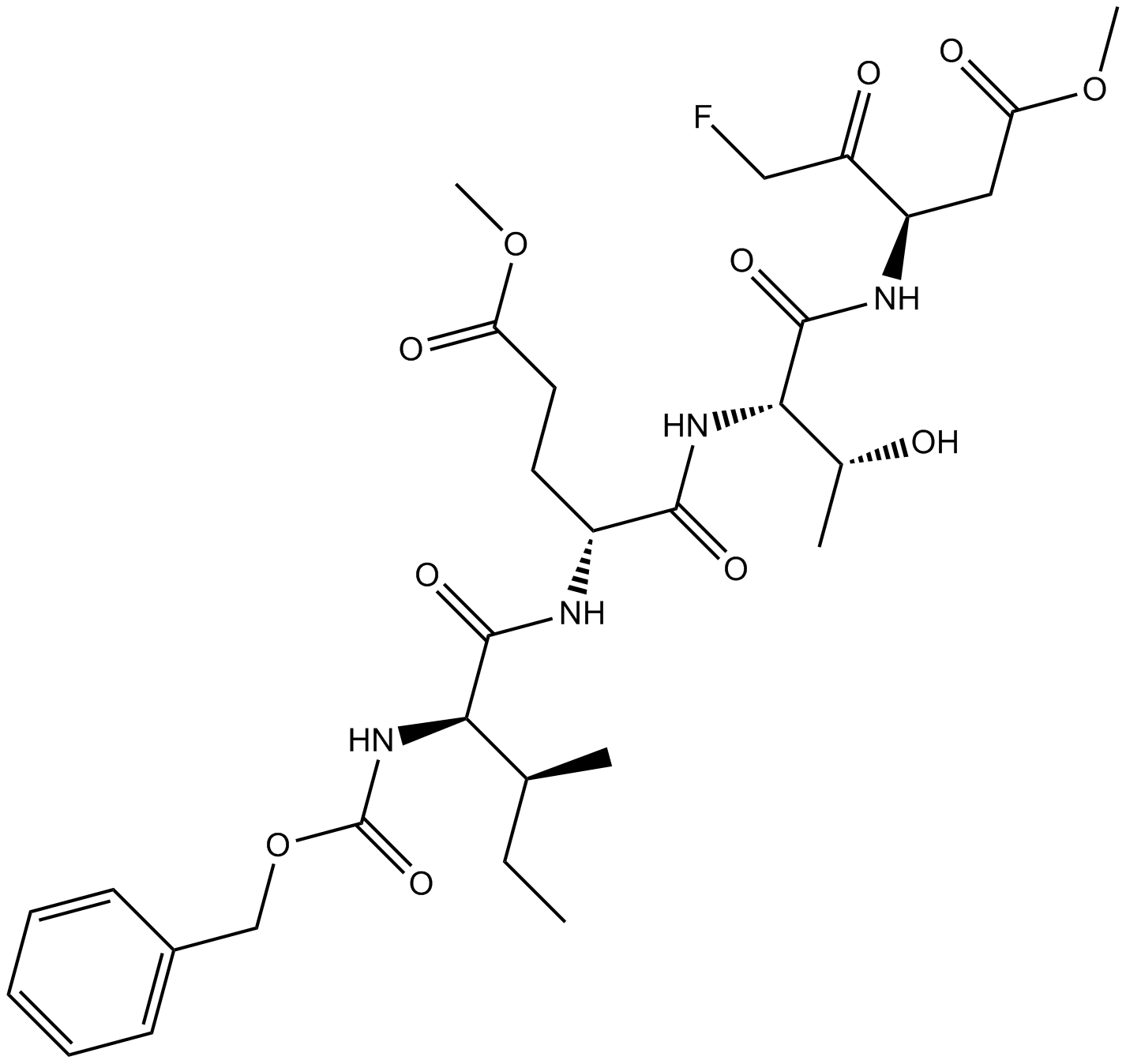 B3232 Z-IETD-FMK12 CitationTarget: CaspasesSummary: Caspase-8 inhibitor
B3232 Z-IETD-FMK12 CitationTarget: CaspasesSummary: Caspase-8 inhibitor -
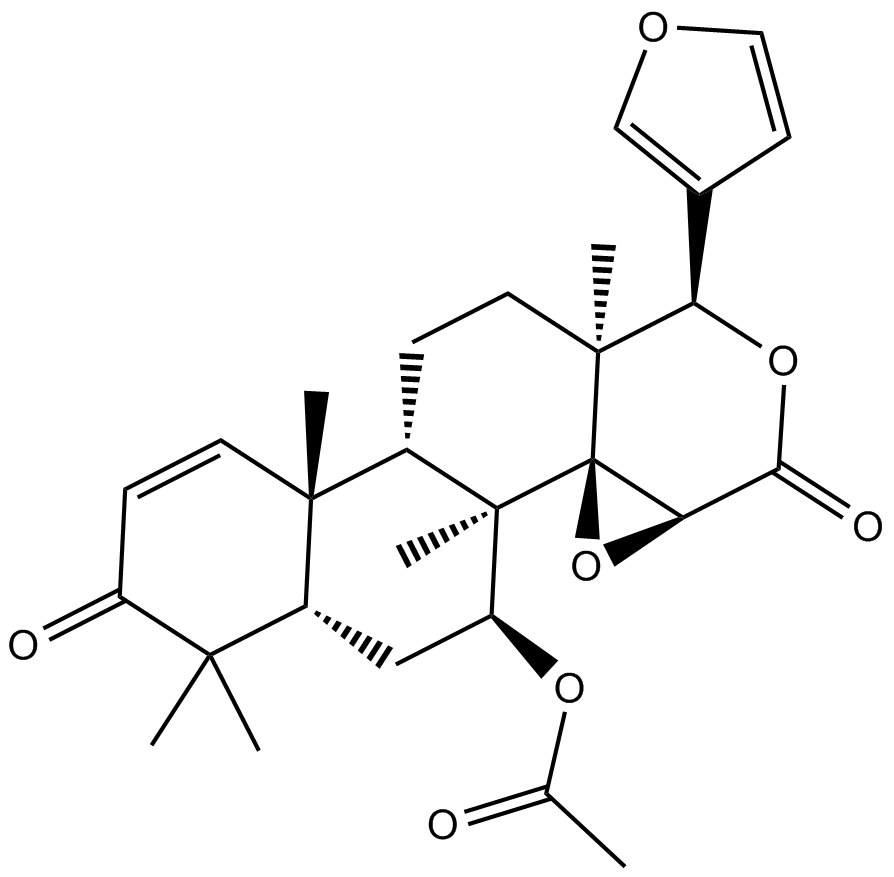 B7393 GeduninTarget: HSP90Summary: naturally occurring Hsp90 inhibitor
B7393 GeduninTarget: HSP90Summary: naturally occurring Hsp90 inhibitor -
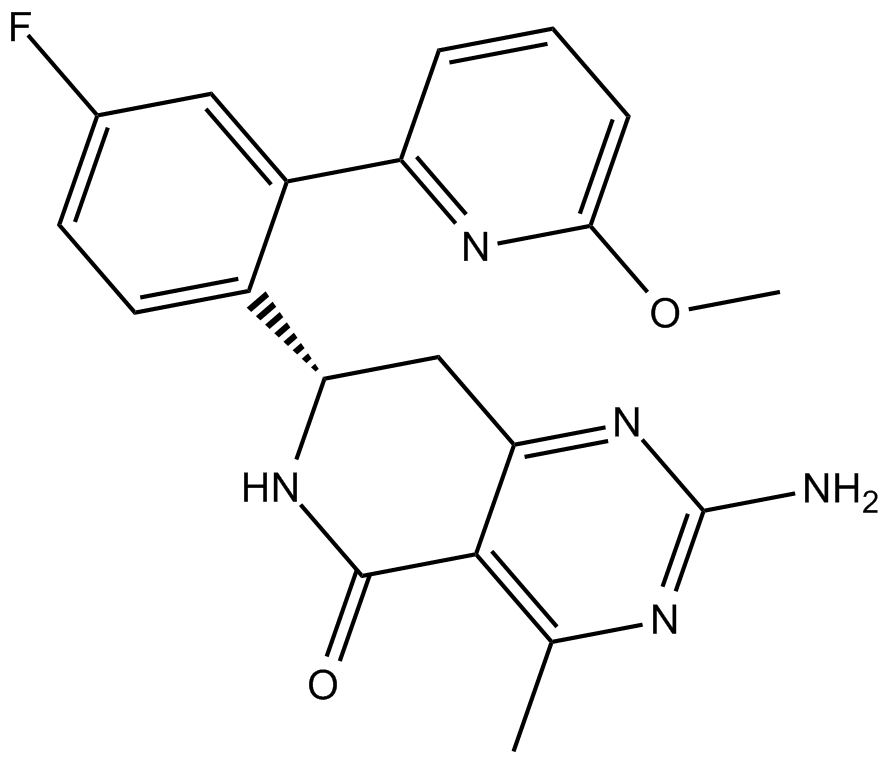 B4797 HSP990 (NVP-HSP990)Target: HSP90Summary: Hsp90 inhibitor, potent and selective
B4797 HSP990 (NVP-HSP990)Target: HSP90Summary: Hsp90 inhibitor, potent and selective -
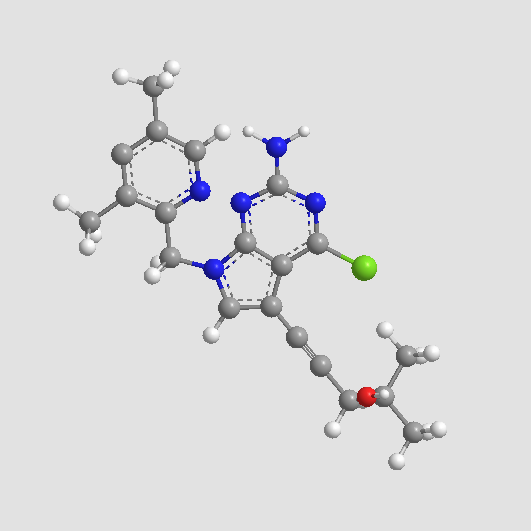 B4920 EC 144Target: HSP90Summary: High affinity, potent and selective Hsp90 inhibitor
B4920 EC 144Target: HSP90Summary: High affinity, potent and selective Hsp90 inhibitor -
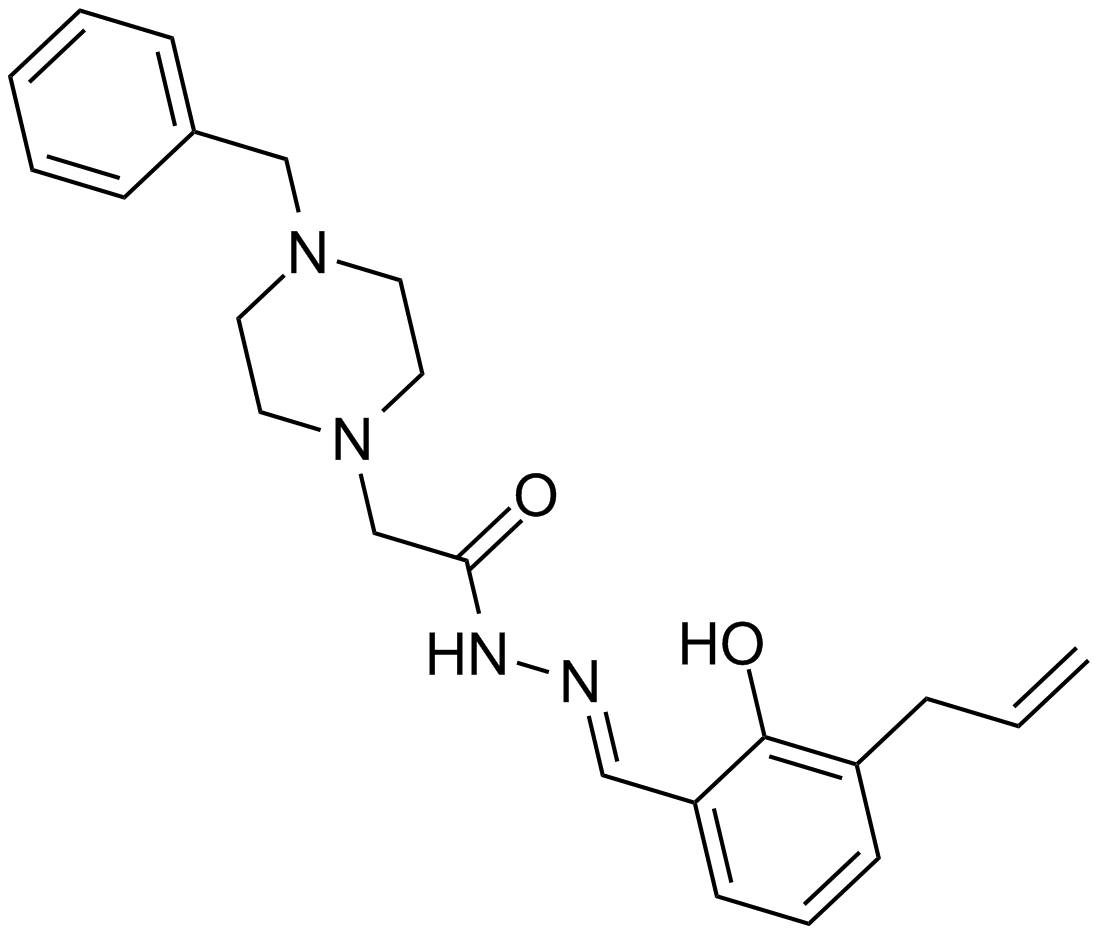 A8177 PAC-11 CitationTarget: CaspasesSummary: Procaspase-3 activator
A8177 PAC-11 CitationTarget: CaspasesSummary: Procaspase-3 activator -
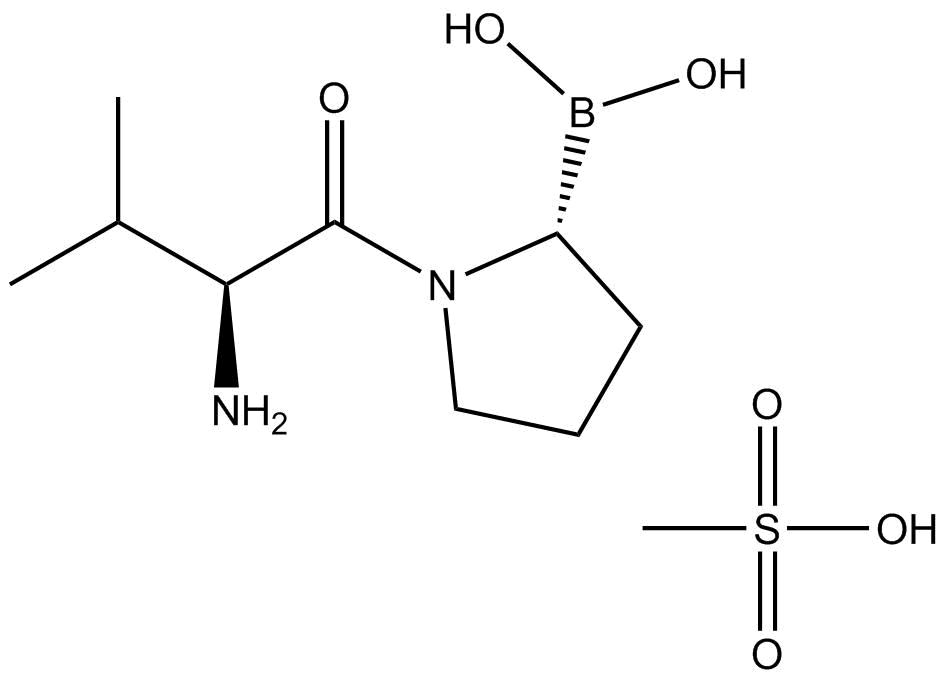 B3941 Talabostat mesylate2 CitationTarget: DPP-4Summary: orally active, specific inhibitor of DPP4
B3941 Talabostat mesylate2 CitationTarget: DPP-4Summary: orally active, specific inhibitor of DPP4 -
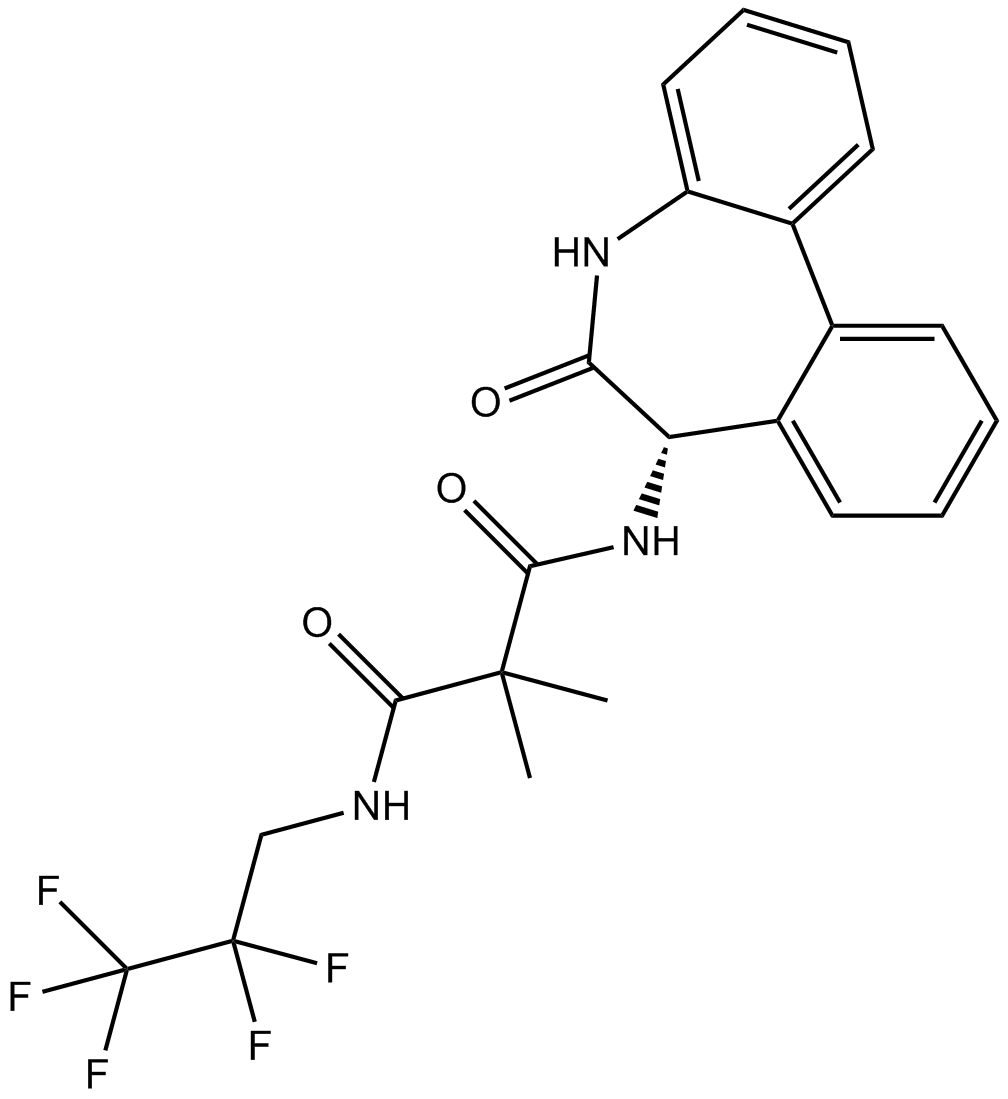 A4005 RO49290971 CitationSummary: γ secretase inhibitor
A4005 RO49290971 CitationSummary: γ secretase inhibitor

